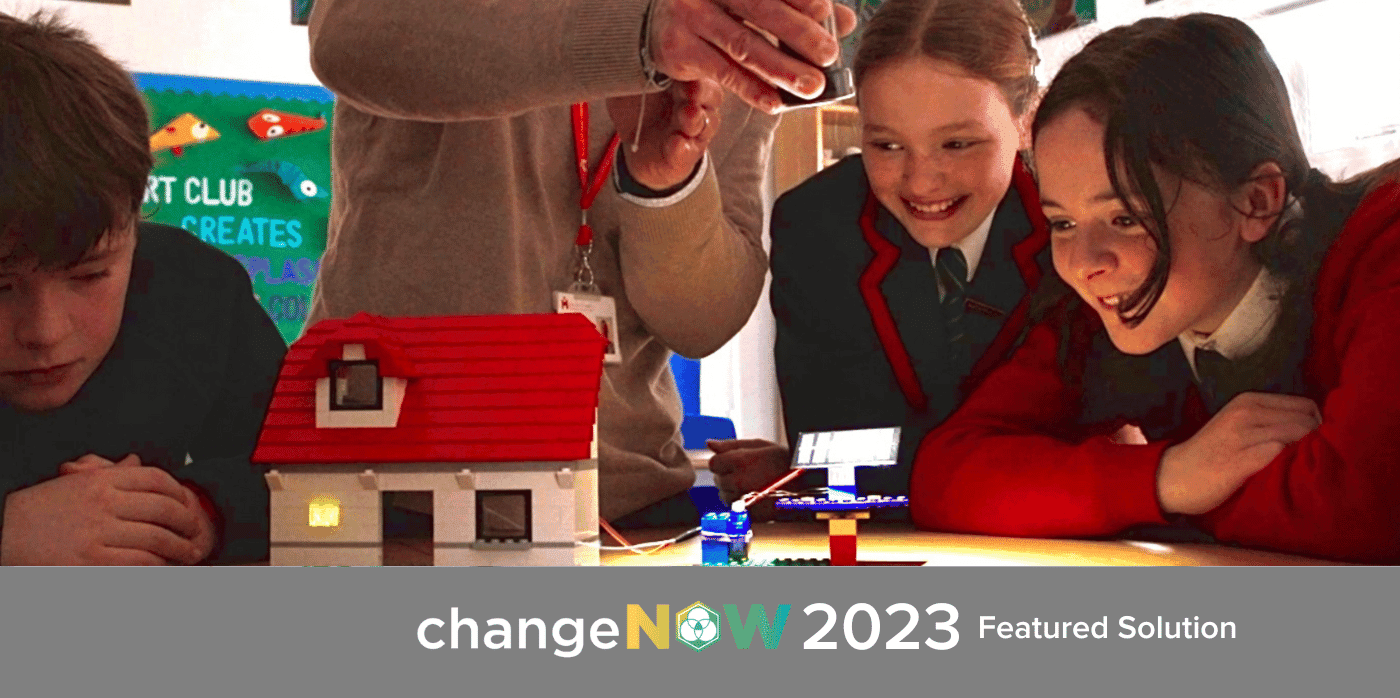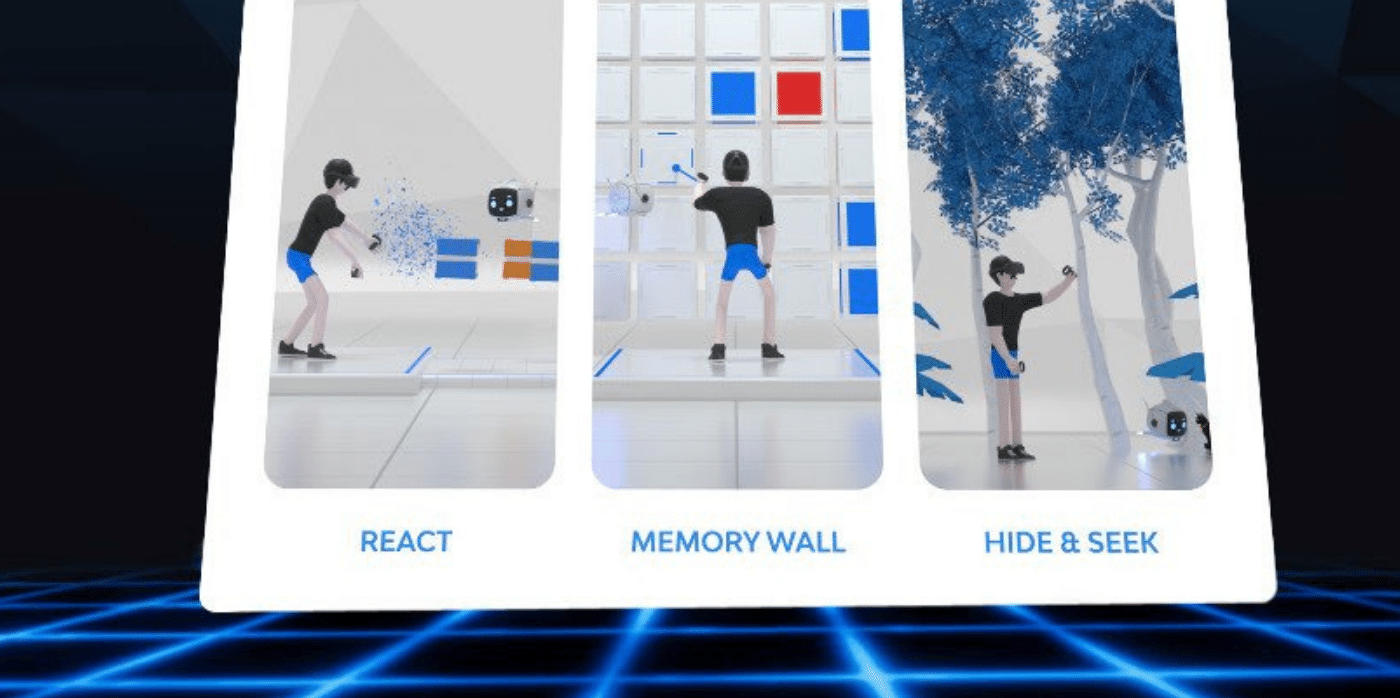Teaching children STEM skills for sustainability

Spotted: Often, it can be challenging for teachers to effectively communicate sustainability topics to their students. Research shows that educators worldwide experience difficulties from combining the various aspects of sustainability and feeling unprepared for the content, to lacking the necessary resources, materials, or time to provide comprehensive lessons.
Twin Science recognised that the traditional educational approaches are insufficient to tackle these issues and is, instead, using STEM (science, technology, engineering, and maths) for children’s sustainability education. While volunteering with the Young Guru Academy, the makers behind Twin Science saw the power of STEM education to deliver engaging workshops to children in underprivileged areas.
The company uses a range of hybrid products to support its double-winged approach to education and has integrated the UN’s Sustainable Development Goals (SDGs) into the curriculum to provide a framework for addressing social, environmental, and economic challenges. Twin Science’s STEM Kits include hands-on activities and electronic modules for students to explore robotics and coding concepts. The mobile app serves as a “digital companion” for students, giving them access to interactive sustainability content, games, challenges, trivia quizzes, and additional learning resources.
The teacher platform provides access to educational resources, curriculum materials, and teacher support, enabling educators to access lesson plans, track student progress, and facilitate discussions and collaboration among students.
Twin Science is now focusing on enhancing its artificial-intelligence- (AI) powered teaching assistant tools to provide personalised support for teachers, parents, and students. The company is also exploring the use of augmented and virtual reality for immersive educational content to enhance students’ understanding and engagement.
We need to educate the current cohort of students about what is happening to our planet, and traditional teaching methods aren’t cutting it. In the archive, Springwise has spotted other innovators thinking differently to provide better education on sustainability, like those using fairy tales to teach climate change and toy wooden cubes to teach children about energy sustainability.
Written By: Anam Alam


